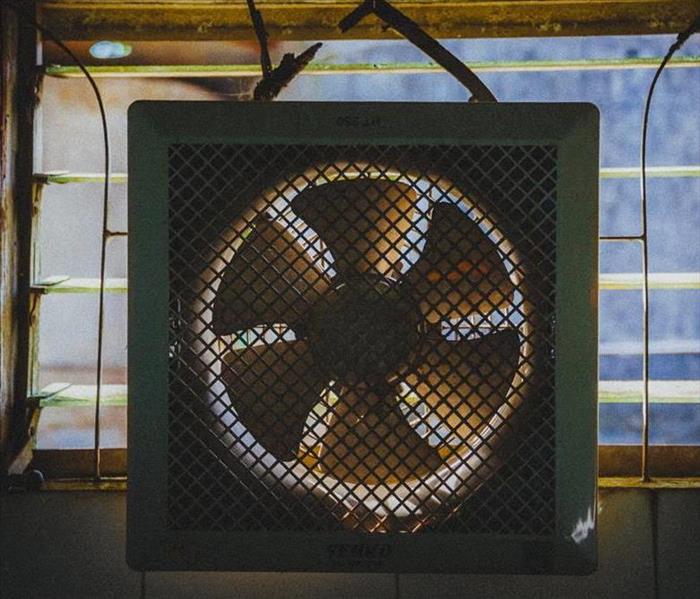Ways You Can Prevent Mold Growth After Water Damage | SERVPRO® of Central Union County & Roselle
4/20/2021 (Permalink)
 If you’re worried about cleanup associated with water damage and mold growth, we can help you restore your home and remediate any mold issues.
If you’re worried about cleanup associated with water damage and mold growth, we can help you restore your home and remediate any mold issues.
Water damage is difficult for home and business owners—not only because of the structural damage it can cause but also because of the unique health hazards and risks it can present.
One of the most dangerous of these risks is mold growth. The CDC has many health effects associated with mold exposure that are well-documented, and the problem is exacerbated because of how quickly mold can begin growing.
Here are the steps you can take to stop mold from taking hold if your home has been affected by water damage:
Before You Get Started
- Do not attempt to re-enter your building until officials have deemed it safe and are positive all water has receded.
- Take photos and videos of damage throughout—making sure to include damage done to furniture and walls—for insurance claim purposes.
Drying Should Begin Right Away
- Set up as many fans, dehumidifiers and heaters as possible to speed up drying time.
- Begin vacuuming with a heavy-duty, outdoor vacuum before the cleanup crew arrives.
- Weather permitting, open windows and doors to maximize airflow for as long as possible.
Items Exposed to Water Should Be Sorted
- Metal, plastic glass and other non-porous materials can often be cleaned, disinfected and reused.
- Porous materials exposed to water damage, such as wood, upholstery and paper of any kind, can trap mold and should be discarded.
- It is important to note that drying carpet will not necessarily remove mold spores if they’ve already begun to grow.
A Professional Should Always Be Consulted
In some cases, carpets can be salvaged after water damage. However, most experts will recommend replacing the carpet pad at a minimum.
Mold is incorrectly associated with discolorations and foul odors when the reality is that mold can often lurk unnoticed long before it is visible. Replacing the carpet pad is significantly less costly than a full re-carpeting of the home, but only a professional can determine if this is adequate enough to prevent mold from spreading.






 24/7 Emergency Service
24/7 Emergency Service